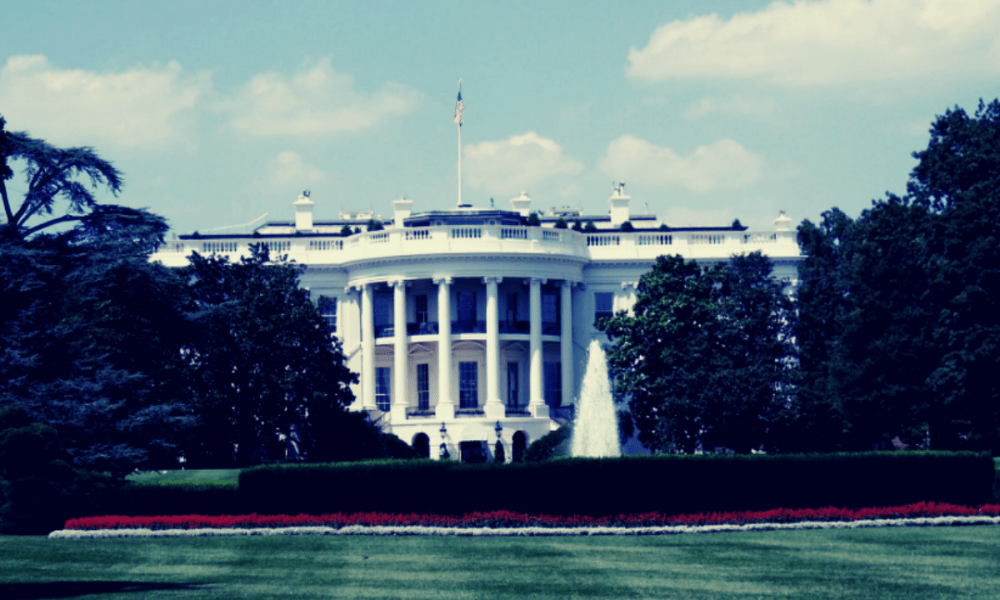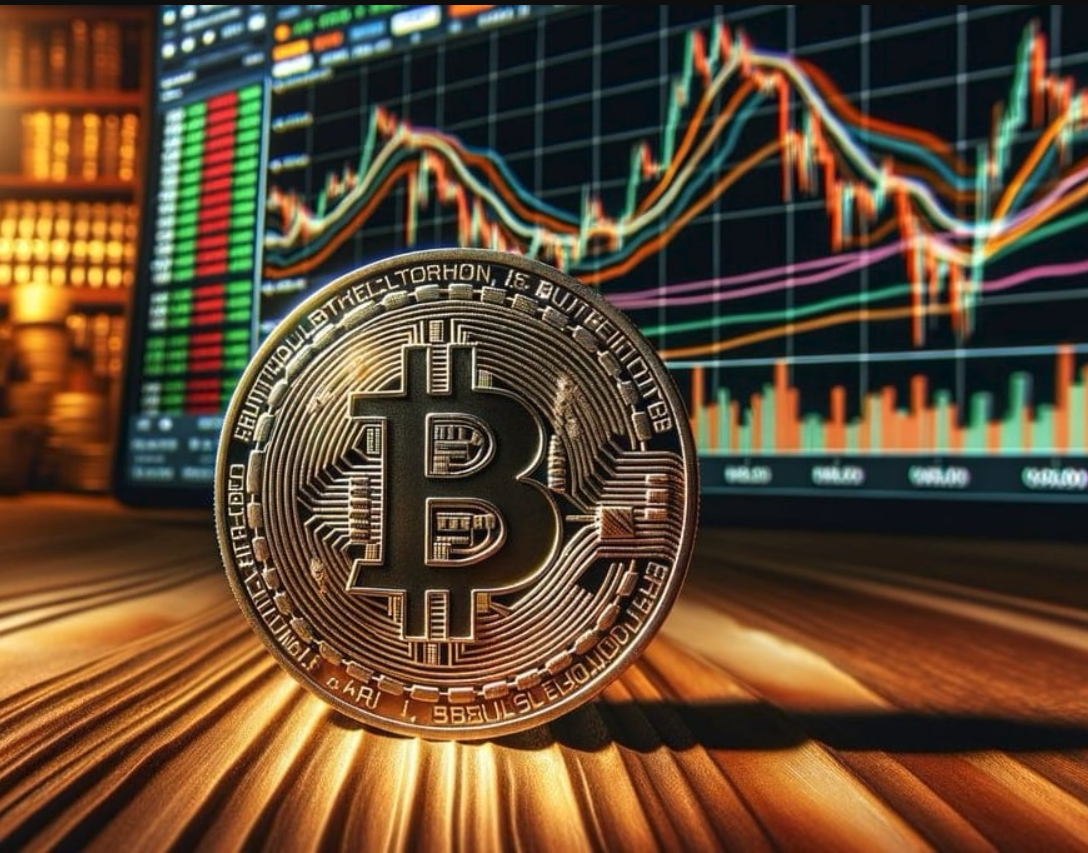Table of Contents
EU Parliament passes anti-DeFi paragraphs
The EU Parliament is not giving the crypto space a breather. As soon as the potential BTC ban was off the table, the next shocking news arrived. As of March 31, the ECON Committee of the European legislative body voted 69 to 45 to include Paragraph 18aa in the draft Transfer of Funds Regulation (TFR). The legislative package serves as a whole to prevent money laundering. It includes more than far-reaching obligations to collect and verify crypto transaction data. Because paragraph 18aa probably means a ban on unhosted wallets. Such wallets form the backbone for the DeFi space as they allow for the transfer of funds without an intermediary. Precisely because of this, however, they would be affected by the new regulation, which prohibits crypto transactions with “unknown” providers who do not have a central point of contact and are not affiliated with any regulated company.
Critics complain that the definition of such “non-compliant service providers” is more than vague. The DeFi space also reacted with outrage, as the law potentially means the end of decentralized financial services in Europe. Next, the draft must pass the EU Parliament, where a decision was still pending at the time of going to press.
Russia is pushing ahead with BTC integration
While the EU is tightening the thumbscrews, the opposite development can be observed in Moscow. Because reports about a possible BTC ban in Russia were not two months ago. However, the war of aggression against Ukraine and the massive economic sanctions imposed by the West are now prompting a rapid rethink. Already on March 25, Russia’s Prime Minister Mikhail Mishustin said that BTC could be a vehicle to boost the ailing economy. Mishustin, who according to experts is entrusted with the almost impossible task of saving the Russian economy, consequently called for a leisurely course of regulation and the acceptance of crypto mining. The payment of gas deliveries in BTC seems to be off the table as a serious option for the time being, because Putin probably wants to continue doing so accept foreign currencies.
Nonetheless, the Kremlin’s pro-crypto stance in the West is fueling distrust of BTC as a means of circumventing sanctions. At least that’s what the crypto analysts from Chainalysis see in a report from March 28, meanwhile, little evidence. Finally, activities on the blockchain are unbroken, transparent, and observable. However, Chainalysis does not give a complete all-clear.
Blockchain Federal Association is re-formed
The past few weeks have shown impressively that the crypto course in the EU is not exactly characterized by friendliness. This is precisely why it is important for the industry to enter into an exchange with political decision-makers. In Germany, too, there has been an interest group since 2017 federal bloc, which is committed to the interests of the German blockchain industry. Last week they officially regrouped. The association had previously convened its own task force, which developed ways of professionalizing and realigning interest groups. On March 30, the task force presented its findings. In the future, they want to work more closely with the German crypto community and the individual members of the industry association.
Japan accommodates BTC exchanges
Away from mainland Europe, the past week also brought a series of regulatory news from other parts of the world. The Japanese Association for Crypto Exchanges (JCVEA) is working on a system that will make the listing of new coins for Japan’s BTC exchanges much easier. Until now, each exchange had to apply for its own test procedure for each coin. However, if a coin ends up on the so-called green list in the future, a trading center can offer it for trading without further examination. BTC, ETH, Ripple and Litecoin will definitely be included on this list. Previously, there were complaints from the industry, because the cumbersome verification process resulted in a small selection of coins on the domestic exchanges. The result was trader migration abroad and loss of profitability. For example, the country’s largest stock exchange has only listed five cryptocurrencies so far.
Grayscale is considering lawsuits against the SEC
While Japan’s regulatory authorities are signaling concessions, the comparison of the BTC space with the SEC continues in the USA. Grayscale, the world’s largest crypto asset manager, has been looking to convert its BTC Trust into an ETF since last October. Grayscale CEO Michael Sonnenshein explained in an interview with Bloomberg on February 28 that his company is considering legal action if the SEC denies the July 6 ETF filing. “I think all options are on the table for a decision in July,” the CEO said. The SEC under Gary Gensler has so far remained true to its double-edged approach to crypto ETFs. While ETFs based on BTC futures are permitted, no crypto spot ETF has yet received the blessing of the tax authorities.

























